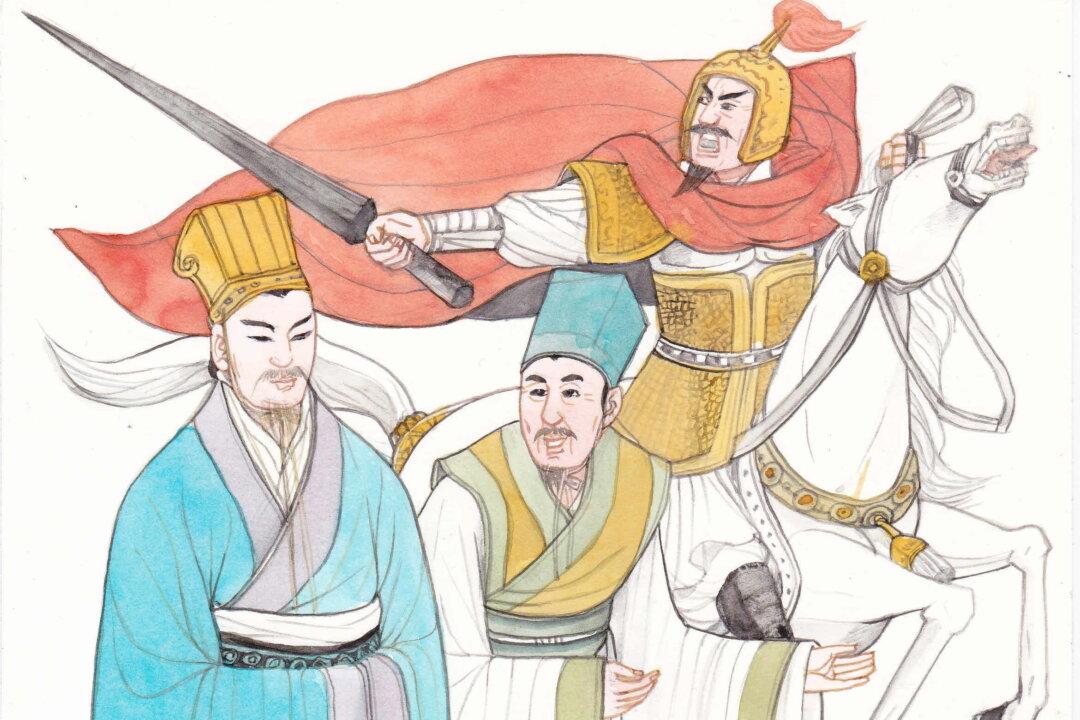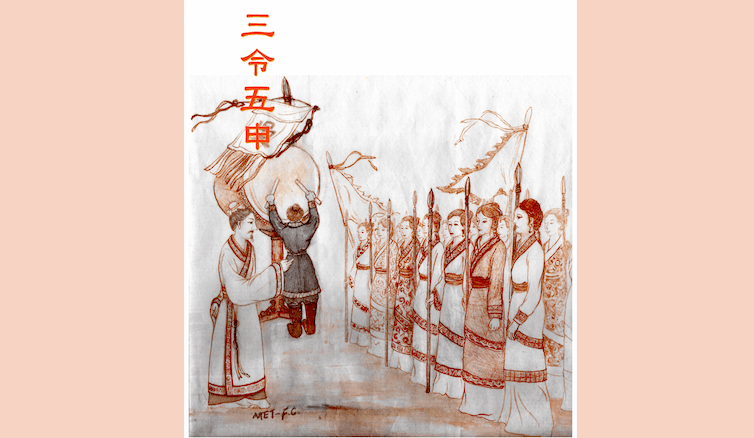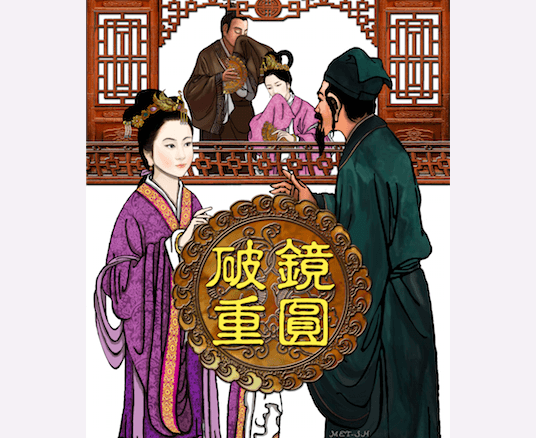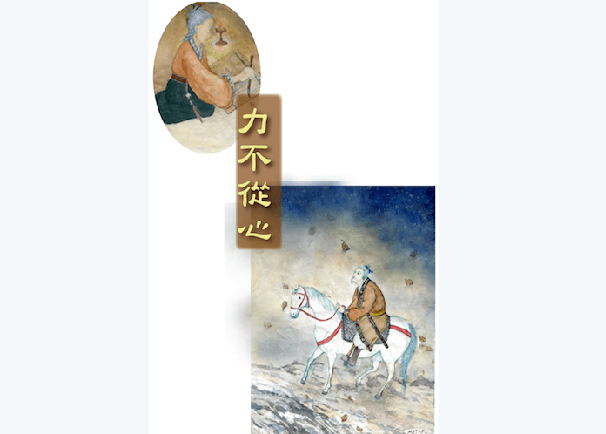The idiom 狐假虎威 (hú jiǎ hǔ wēi), or “a fox exploits a tiger’s might,” came from a story documented in the ancient book “Intrigues of the Warring States.”(1)
During the Warring States period (475–221 B.C.), Zhao Xixu was a valiant general in the state of Chu. He was dispatched by the king of Chu to oversee the northern borders of the country. Zhao’s reputation as a formidable foe spread and the warlords from the north were all terrified of him.
One day, the king of Chu said to officials in the imperial court, “I’ve heard that all the northern warlords are very afraid of Zhao. Is that true?”
All were silent. After a little while, one of the ministers stepped forward and said to the king: “Your majesty, you know how a tiger likes to catch all kinds of animals for food. Well, one day, a tiger caught a fox.
“Facing the tiger’s hungry maw, the fox pretended to be indignant and said, ‘How dare you eat me? The gods have assigned me to rule over all the other animals. Should you eat me, you will have disobeyed the gods’ order and will be punished. If you don’t believe me, you can follow me and find out for yourself.’
“Full of misgivings, the tiger decided to walk behind the fox to see what he was up to. As they walked, all the animals were afraid and quickly ran away. Seeing this, the tiger believed the fox’s words and freed him.
“Your Majesty now has 5,000 square miles of territory and 100,000 soldiers. You give General Zhao the power to lead the soldiers. Therefore, the nobility from the north are not afraid of Zhao but of your armed forces. Just like the animals were afraid of the tiger!”
The king’s worry was thus eased and he felt quite happy.
The idiom “a fox exploits a tiger’s might” evolved from this text. It is often used to refer to people who bully or suppress others when they are associated with someone in a powerful position or with powerful connections.
Of course, the fox may enjoy his power for a time, but he will be sorely punished when his trick is exposed.
Note:
- The book “Intrigues of the Warring States” (戰國策) has also been translated as “Strategies of the Warring States.” It is a renowned ancient Chinese historical work that was compiled during the Western Han Dynasty (206 B.C.–A.D. 23). It reveals the historical and social characteristics of the Warring States period.




